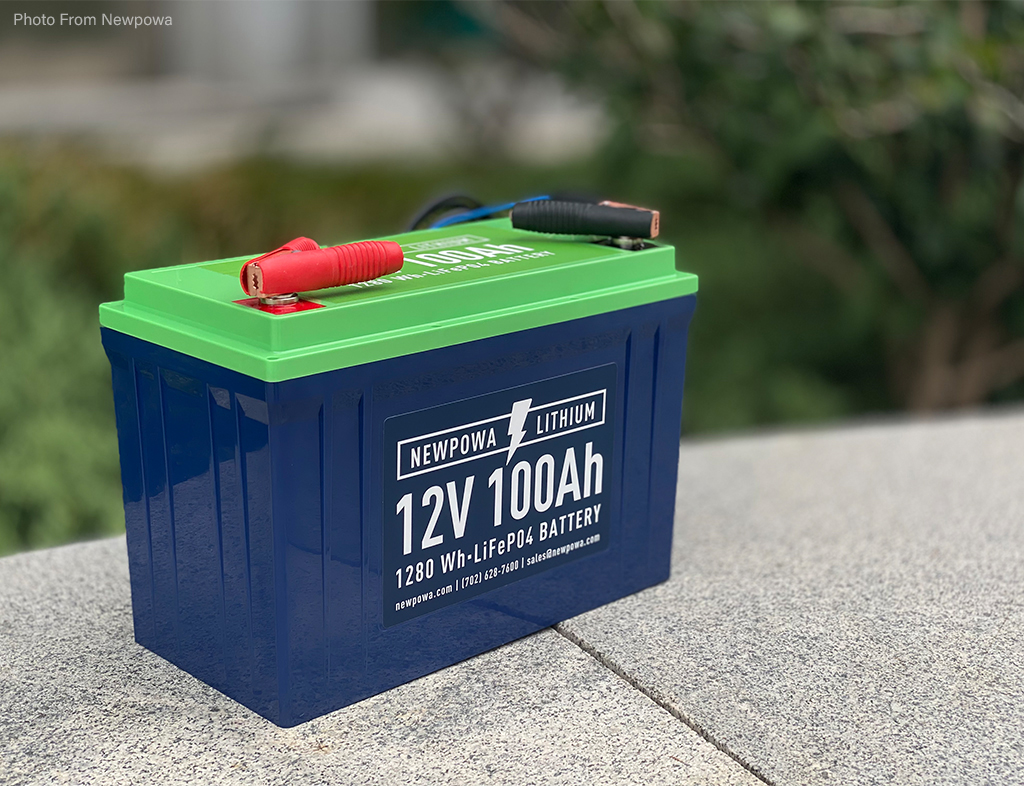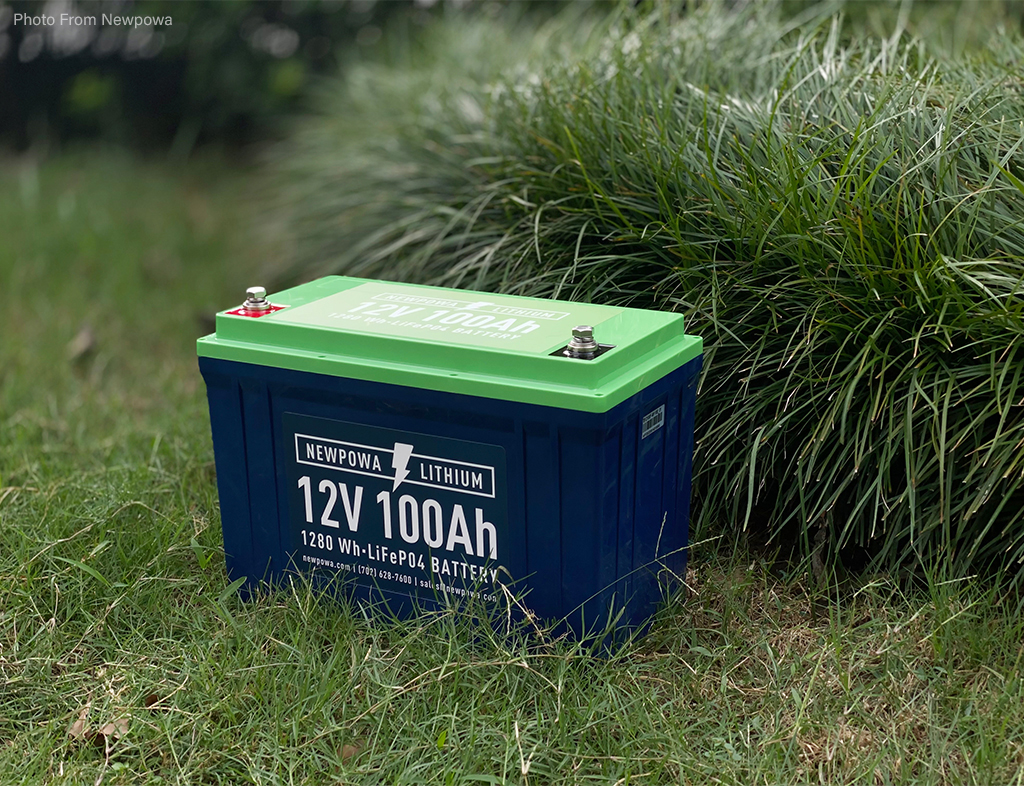DEEP CYCLE BATTERIES 101
1st Dec 2022
In this article, we will be talking about everything related to Deep Cycle Batteries. First, we will cover what a deep cycle battery is, then we will dive into their expected lifespan. Following this, we will go over how each type of battery is different. Then to conclude, we will cover how temperature is a major factor and how to diagnose a bad battery. So, if you are in the market for a deep-cycle battery, this article is for you.

What is a Deep Cycle Battery & What’s Their Lifespan?
Deep Cycle batteries are not like your average batteries. Your average battery is not designed to continue powering devices for an extended period without constant input. Whereas a Deep Cycle battery is specifically designed to power whatever you need, for a long duration of time. The average lifespan of deep-cycle batteries is roughly 6 years. Your mileage may vary depending on what you use it for and how you maintain it.
What are the Types of Deep-Cycle Batteries?
There are a couple of battery types in the deep cycle battery field. For the sake of this article, we will just discuss the two most popular types. First, there are lead acid batteries which are commonly used for small-scale solar systems and small-scale power sources. Then there are Lithium batteries, which are becoming extremely popular for use in solar storage systems. Lithium batteries are also extremely useful in large-scale projects.
How does Temperature affect a Battery’s Performance?
Temperature plays a major role in how a battery will produce power, react to inputs/outputs, as well as charge. The warmer the weather, the more efficient the battery becomes. However, on the other side, it discharges faster due to the heat. The same goes for when the weather becomes colder. This affects the battery negatively as it slows the rate of charge and discharge.
How to Diagnose a Bad Battery?
When owning any piece of equipment, it’s important to understand the signs of when your battery is bad. These signs include the battery becoming bloated and puffy. This occurs when the battery is improperly charged and/or stored. This could lead to the battery ultimately exploding. Another warning sign to look out for is when the battery starts to leak, either at the seams or at the actual terminals. These signs should be properly addressed as soon as they arise.

As we close out this blog, we hope we shed some light on deep-cycle batteries. Batteries are a great addition to any solar system as they only magnify their potential for you the user. If you are looking into utilizing deep-cycle batteries for a storage system, our recommendation would be to use some of our lithium batteries paired together to increase the amount of storage available to you.
Click here to learn more about our LiFePO4 (Lithium-Iron Phosphate) Deep-Cycle Battery.
